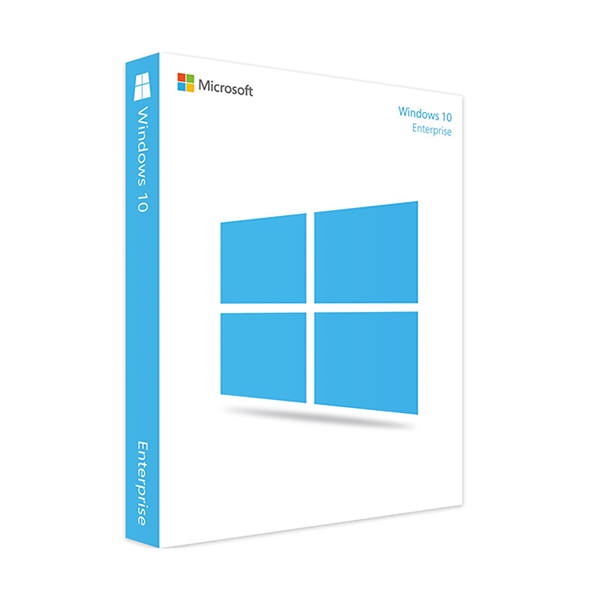Discover how to upgrade Windows 10 Home to Pro in a simple and fast way. Complete guide to the upgrade, differences...

You didn't provide any text to translate. Could you please provide the text you want translated from Italian to English? Installation of Windows 10 from USB It is one of the fastest and most effective methods to set up a new PC or reinstall the operating system in case of problems. If you have one available. USB stick And with a working computer, you can create a bootable installation media in just a few minutes and proceed with the configuration of Windows in total autonomy.
In this article, we will guide you, step by step, through the entire process of installation from a USB stick, explaining also how to create the support, set up the BIOS, and choose the correct version of the operating system.
The installation via USB is recommended in all the following cases:
Your PC does not have a CD/DVD drive;
You need to reinstall Windows from scratch ;
Do you want to install Windows 10 on a new computer ;
You wish to always have a quick and portable emergency support available.
This is a much faster solution compared to old DVDs, ideal for both home users and IT professionals.
Before starting, make sure you have at your disposal:
USB stick of at least 8 GB (better if 16 GB, empty or with data that you can delete);
Windows 10 ISO file , downloadable from the official Microsoft website;
Installation Media Creation Tool (Media Creation Tool)
Stable internet connection;
A computer from which to start the process.
To make your USB bootable with Windows, follow these steps:
Download the Media Creation Tool From the Microsoft website.
Start the tool and select "Create an installation support" .
Choose the language, the edition.( Windows 10 Home or Pro ) and the architecture ( 32 or 64 bit ).
Insert your USB stick and select it as a destination.
Wait for the tool to complete the download and creation of the support.
At the end, you will have a USB ready to use, compatible with most modern PCs.
Once you have created the flash drive, you need to set the boot from USB in the BIOS/UEFI of your computer:
Reboot the PC and press the specific key to access the BIOS (usually). The text "F2" doesn't need translation as it is a term used universally in the same form. , OF , Since you've input "ESC", there's no actual text to translate. Please provide a sentence or paragraph in Italian for translation. You didn't provide any text for translation. Please provide the text you want to translate from Italian to English. F12 (depending on the manufacturer);
Go to the "Boot" section and set the USB as the first boot device ;
Save the changes and restart.
The computer will automatically read the flash drive and start the installation.
Once the USB support is initiated, follow the steps on the screen:
Choose language, keyboard layout and date format;
Click on "Install now" ;
Insert the product key of your license Windows 10 (Or select "I don't have a code" if you want to enter it later);
Select the edition of Windows to install;
Choose between custom installation As an AI, I need you to provide me with the Italian text you want translated into English. update ;
If you opt for the custom installation, select the partition on which to install Windows (you can also format or delete the existing ones);
Follow the instructions to complete the initial setup of the operating system.
Choose the USB flash drive for Windows installation It is today the most practical and quickest solution. In addition to the simplicity of the procedure, this method allows you to:
Reduce installation times compared to DVDs;
Reuse the same flash drive on multiple devices;
Act quickly in case of operating system malfunctions.
It is the ideal solution for IT technicians, professionals, and private users.
Do you need the official license to complete the installation?
Discover all the Windows versions Available and purchase safely on Macrosoft Store.
Leave a comment